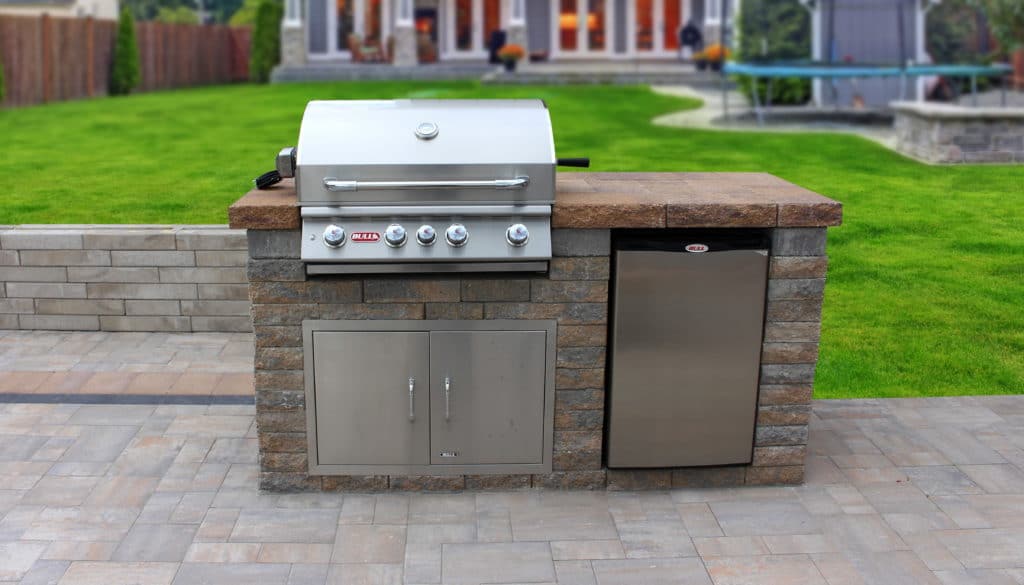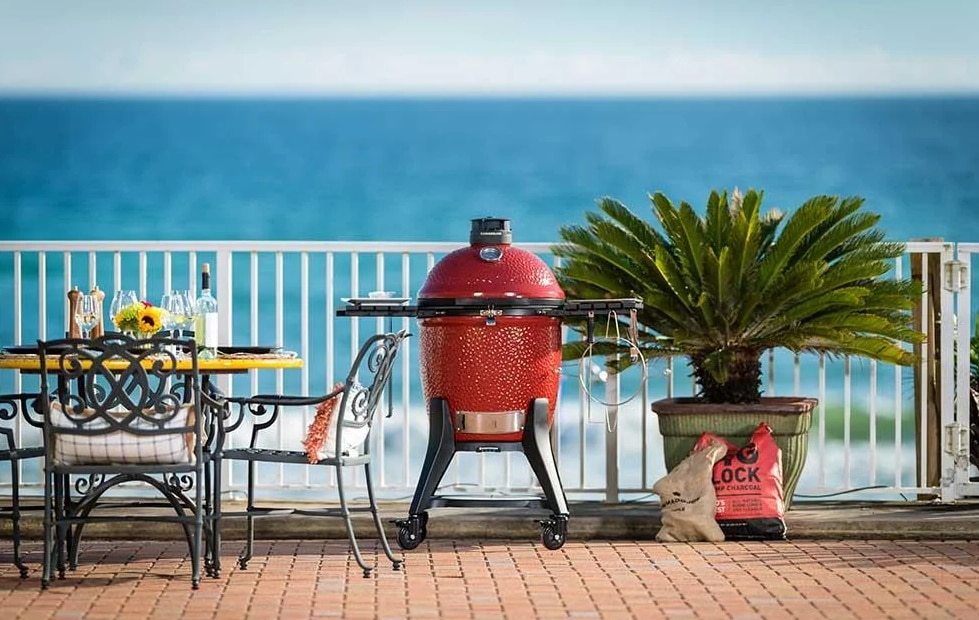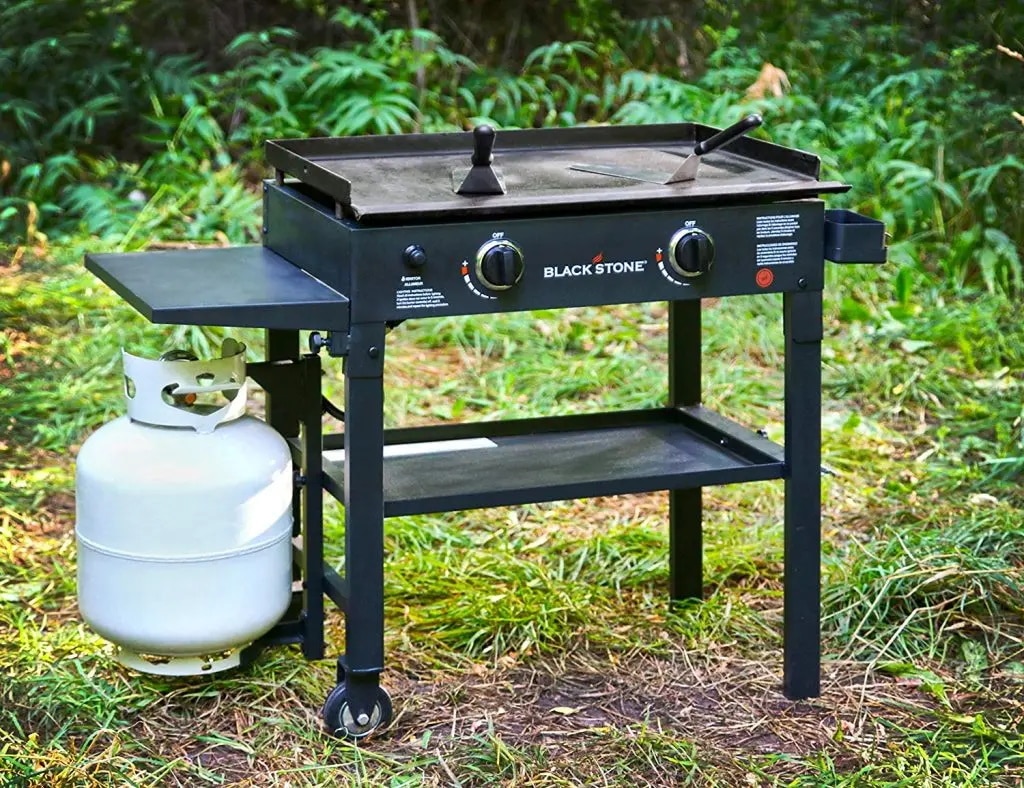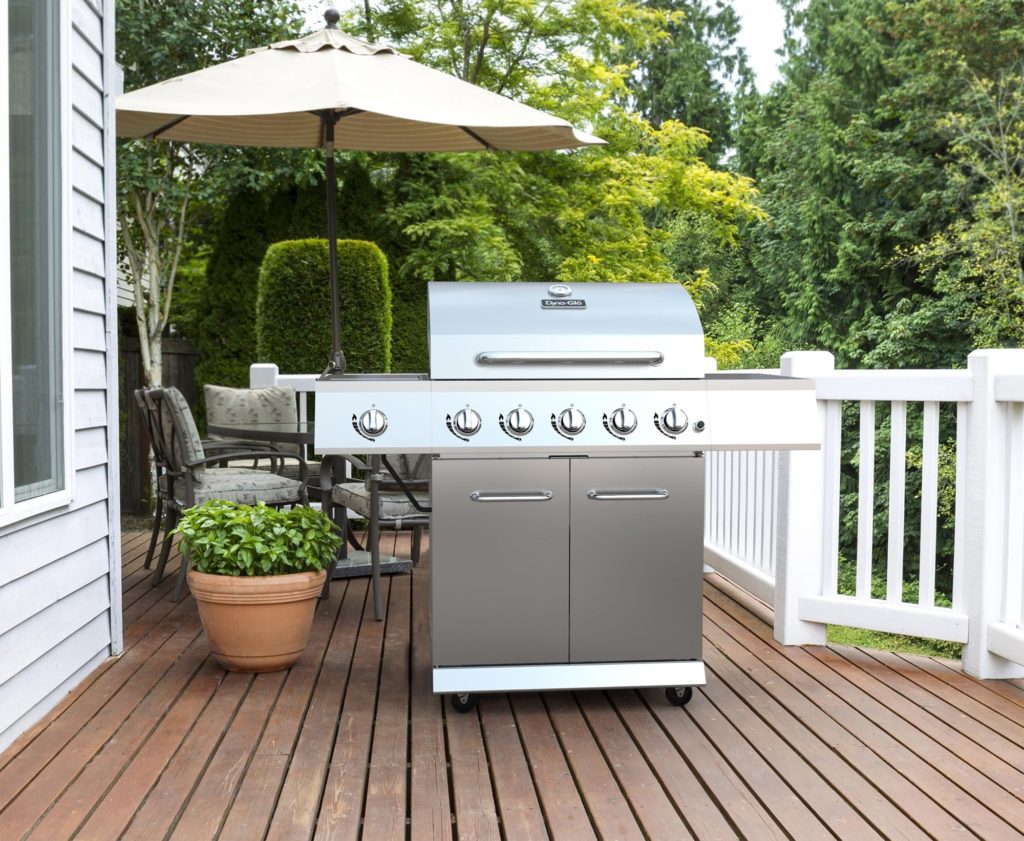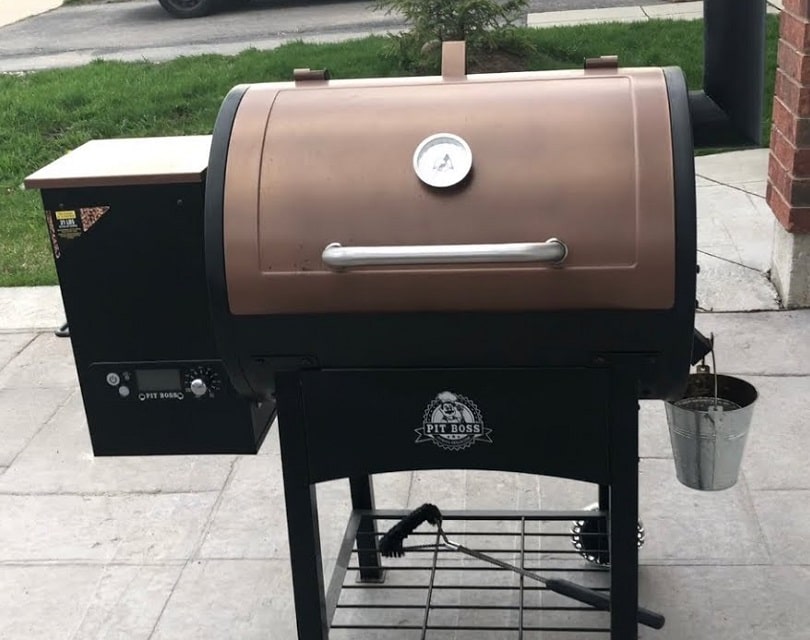
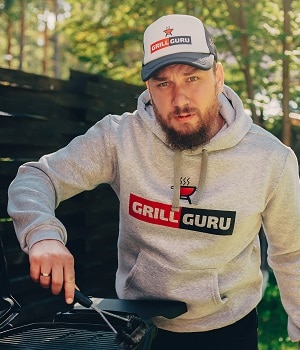
BTU Trusted Source British thermal unit - Wikipedia LThe British thermal unit (BTU or Btu) is a unit of heat; it is defined as the amount of heat required to raise the temperature of one pound of water by one degree Fahrenheit. It is also part of the United States customary units.[1] Heat is now known to be equivalent to energy. The modern SI unit for heat and energy is the joule (J); one BTU equals about 1,055 J (varying within the range 1,054–1,060 J depending on the specific definition; see below). en.wikipedia.org means British Thermal Unit. It’s the amount of heat needed to heat a pound of water by one degree Fahrenheit.
It’s essential to know the key things about BTU before buying a grill if you love cooking various foodstuffs. There are grills that feature enough BTU to grill steak, mutton, pork, etc., so your perfect fit will depend on your preferences.
If you go online today, you’ll find lots of grills with varying BTU from different manufacturers like Weber, Char-Broil, Napoleon and others. As expected, choosing the right one can be pretty confusing,
So, in this guide, we will look at everything you should know about BTU, including the right standards for a grill and many more.
As mentioned earlier, BTU stands for British Thermal Unit. It measures the amount of heat your burners can produce if you fully blast them up.
The numbers are a reflection of what the primary burners can produce. Some manufacturers also go a step further to include the BTU of the side burners and rotisserie. The figures may make you think a grill is powerful, so you should be very careful with it.
Remember, different foods like chicken and turkey require different heat amounts, and that’s why BTU is a vital factor in grilling.
If your grill’s burners offer low BTU, you can expect to take longer than expected to cook than with a grill with a high BTU with the cooking area kept constant.
Yes, the grills with high BTU are fantastic, but they come with shortcomings. You’ll spend
more on fuel
Trusted Source
HOW IMPORTANT ARE BTU'S? - Weber
Here at Weber, we’re occasionally asked why some of our competitor’s gas grills have higher BTU ratings than our gas grills.
First of all, what is a BTU?
BTU stands for British Thermal Unit. That might sound technical, but all it really tells you is how much fuel it will use in a given period of time.
So that means that a grill with a high BTU rating will use more fuel than one with a lower rating.
www.weber.com
, and you can risk overcooking your food.
Though we put much emphasis on your grill’s BTU, we recommend you get a grill with a large cooking area say one with 838 square-inches like Weber 7470001 Summit if you’ll be cooking for large groups outdoors. It comes with a good side burner, smoker burner and sear burner.
Overall, BTU is only important after you know your grill’s cooking area.
It depends.
The idea of cooking your food faster in a short time with a grill with a high BTU is awesome and frightening at the same time.
Before you factor in the BTU of a grill’s burners, confirm that it’s sturdy, the cooking area is spacious to get a good value for your money.
There are also grills with less BTU, but their performance outweighs the ones with high BTU rating.
Experts say that most manufacturers who make substandard grills patch the BTU ratings of their grills to compensate for the poor build and low efficiency levels to make more sales, and that’s not right. If you find a nice grill online but the BTU amount is exaggerated, think twice before buying it.
Overall, the BTU of burners doesn’t matter as long as a grill is efficient. And that’s why we recommend targeting a grill with heavier construction and great heat-trapping capabilities like the Napoleon Prestige 500 BBQ Grill. It has 4 burners and features 48,000 total BTU and cooking area of 760 square inches.
However, experts also feel that a good grill should have burners with BTU that are higher than the ordinary ones for the best grilling results, especially if you cook for a large number of people.
According to industry experts, the standard BTU of a grill lies anywhere from 75 to 100 BTUs per square inch.
There are also others that offer 80 to 100 BTUs per square inch and still function well. If your grill has a BTU lower than 70, you’ll take more time cooking your food than if it lies within the standard range.
If a grill has burners with more than 100 BTUs per square inch, it will produce high heat amounts that can burn your food.
It’s good to know how to calculate the BTU of your grill, and we’ll show you how to do it in a few. You’ll know if the figures are real or exaggerated.
Here’s the formula for calculating your grilling surface BTU:
Total BTU of the main burner ÷ your cooking area in square inches.
While this formula may not be very accurate, you’ll get an estimated BTU amount. You’ll be good to go if the BTU per square inch falls with the 75- 100 range.
Like we insist, factor in a grill’s durability and build before you put more emphasis on the BTU per square inch.
A good grill should have a BTU ranging from 75 to 100 BTUs per square inch. You should beware of the consequences of having one with a BTU that is lower or higher than the recommended range.
To know if your grill’s value is exaggerated, you can always confirm using the formula we discussed above.
Instead of putting more weight on the BTU, try and look at the overall build of a grill and its cooking area before making purchases. Most grills with a large cooking area will meet your cooking needs if you prepare food for groups. Experts also insist that it’s even better to get a grill with burners with low BTUs per square inch with a wide cooking area and a great build instead of one with high BTU.
Overall, we’ve covered everything you should know about BTU and its effect on grills.
